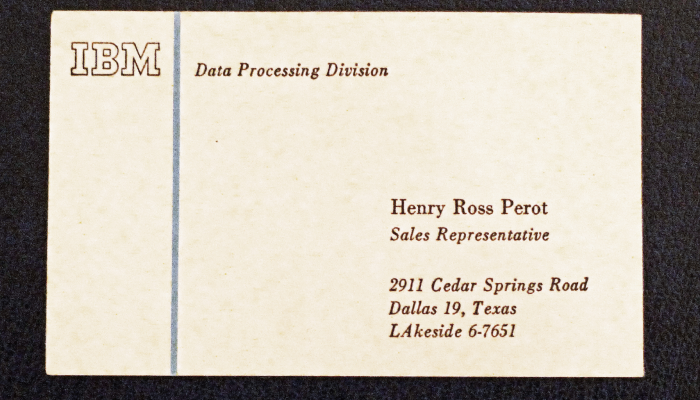
Procrastination. You may be engaging in it right now by reading this newsletter (we won’t tell.) But what is it really costing you, and how can you counter it? Read on to find out. (See? This just became a productive procrastination session.)
Let’s start with the definition of the word: According to authors Steven J. Scher and Nicole M. Osterman, procrastination is defined as: “To voluntarily delay an intended course of action despite expecting to be worse off for the delay.”
Pancho Mehrota, CEO of Frontier Performance and a recognised leading expert in the psychology of selling, has studied hundreds of salespeople and business leaders. In his research, he’s discovered that procrastination is less about avoiding your to-do list than it is about fearing failure and the resulting judgment from your peers, should you fail. Anticipating the shame of failure and a blow to your self-esteem, you put off the tasks in question.
But procrastinating sales calls and [other tasks that salespeople do] comes at a cost, not only to you but to your company. Mehrota’s research has shown that putting off tasks at work costs on average nearly two months of the year in lost productivity.
But procrastinating also keeps you stuck. When you put off work, you don’t develop new skills that can move you forward in your career. This can cause a domino effect, not only stagnating your career but affecting your physical and mental health.
Ah, ok! Procrastination is terrible, We get it! But how do we stop it?!
Mehrota lists three key contributors to procrastination:
- Behavioral – habits
- Cognitive – thoughts
- Environmental – community and cultural.
There’s no magic bullet when it comes to rooting out the cause of procrastination and combating it. You will probably have to try a few different approaches before you find the one that works best for you.
Behavioral: Do you have rituals that eat into your work time, such as extra long coffee breaks or social media scrolling? Noticing these habits is the first step to undoing them. Keep a diary during one workday and track each moment of your time. Then you have a record to reflect on.
Cognitive: Mehrota says that catastrophizing is the biggest challenge for most people, so doing some reflection on what your fears are surrounding certain tasks and naming those fears can be helpful.
Environment: Is your workspace distracting? Do you work in a busy office with lots of conversations going on around you? Do you work at home where you get distracted with household tasks? Making your workspace as quiet and conducive to concentration as possible can really help with procrastination.
Working through procrastination is as much about creating good habits as it is about undoing bad ones. Rome wasn’t sold in a day. Be patient with yourself as you build good habits and undo years of behavior.
And that call you’ve been putting off? You’ll feel so much better once you make it, we promise. You’ve got this!







